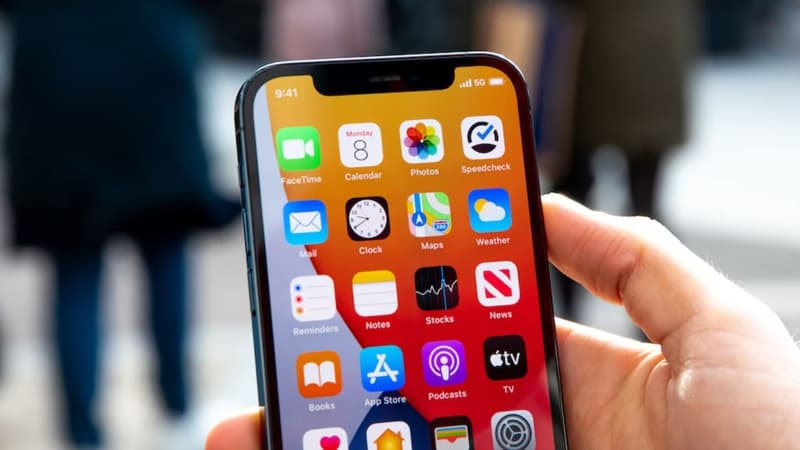It’s still not. Neither in the United States, nor in Great Britain, nor anywhere else, Apple does not intend to allow free access to its users’ devices, even in the event of an official investigation by the authorities.
The British government currently wants to reverse the law. Investigative Powers Act of 2016 that regulates requests in case of investigation by intelligence agencies. And you want messaging services to disable security features permanently, without first notifying the general public, remember The Guardian. This would give access to encrypted content and user data.
The government at war against the encryption of conversations
Under current law, the request must be studied on a case-by-case basis, with the possibility that the technology company can appeal before applying the measure. Most likely, the Ministry of the Interior has started sending requests to various platforms, but it is not known if they have been applied by the services in question or who they are.
WhatsApp and Signal have already announced that they oppose the online security bill and specifically a section that allows for the installation of technology to search for child pornography in encrypted messaging and other services. The government would also like to update the text of the law by adding the request to keep Internet browsing records for 12 months and the authorization for the massive collection of personal data.
Despite his desire to “make the act more relevant to today’s technology”, London faces a technological protest. And now it is Apple who has come forward to say that it opposes the project.
Apple doesn’t want to risk the security of its iPhones
In a nine-page document, the American brand listed all its objections, including the obligation to inform the Ministry of the Interior of any modification of the security functions of its devices before the official publication, the implementation of a Back door (back door to bypass end-to-end encryption of conversations) or to immediately respond to the ministry’s request to disable or block a feature.
Apple explained that it would surely not be necessary to modify security features for a single country, with the added risk of weakening a product. And remember that software updates are subject to publication and provision of information to the public, so this cannot be done in secret. The proposals are also perceived by the Californian company as “a serious and direct threat to the security of data and the confidentiality of information” of users outside the United Kingdom.
This measure “would make the Ministry of the Interior the de facto global arbiter of the level of security and encryption of data,” explains the brand. To ensure the privacy and security of iPhone users, Apple says it prefers to remove affected features like FaceTime and iMessage, its two encrypted messaging services, rather than put them at risk.
End-to-end encryption and security are two important values that Apple has carried for years and that have made them strong points of its services on its iPhone, iPad and Mac.
Source: BFM TV


